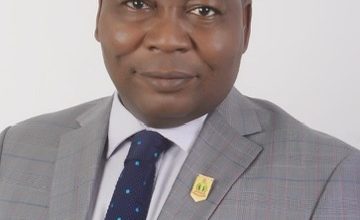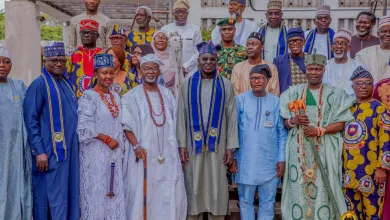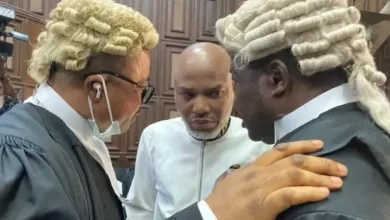
Jesutega Onokpasa, a notable chieftain of the All Progressive Congress (APC) and a practicing lawyer, has openly criticized the methods employed by the Economic and Financial Crimes Commission (EFCC) in handling the case against Alhaji Yahaya Bello, the former Governor of Kogi State. During an appearance on TVC’s political program ‘Stand Point’ on Saturday, Onokpasa accused the EFCC of acting lawlessly by disregarding a court order that restrains the commission from arresting Bello.
Earlier this week, a High Court in Lokoja issued an injunction protecting the ex-governor’s fundamental human rights, specifically barring the EFCC from taking any arrest or prosecutorial action against him. Onokpasa highlighted this legal protection, stating, “If a person has a court order that says that you ought not to arrest, arraign, or persecute him, you have just one remedy: you can either go to the same court to vacate the order, or if the court doesn’t listen, you can then go on appeal.”
Onokpasa further criticized the leadership of the EFCC, suggesting that the current chairman has not brought the expected reforms to the agency. He remarked, “We thought the new chairman would transform the sector, if he is not chasing a cross-dresser, he is arraigning a barman for spraying money.” This statement underscores a perceived lack of focus and consistency in the agency’s enforcement actions.
The APC chieftain also emphasized the political contributions of Yahaya Bello, particularly in relation to President Bola Tinubu’s election victory, arguing that Bello’s significant role should warrant a more cautious approach from the EFCC. Onokpasa urged the commission to conduct a thorough investigation and utilize intelligent gathering rather than direct confrontation in dealing with suspects, especially those with Bello’s political stature.
This ongoing controversy draws attention to the tension between law enforcement practices and judicial oversight in Nigeria, reflecting broader challenges within the country’s governance and accountability mechanisms.





